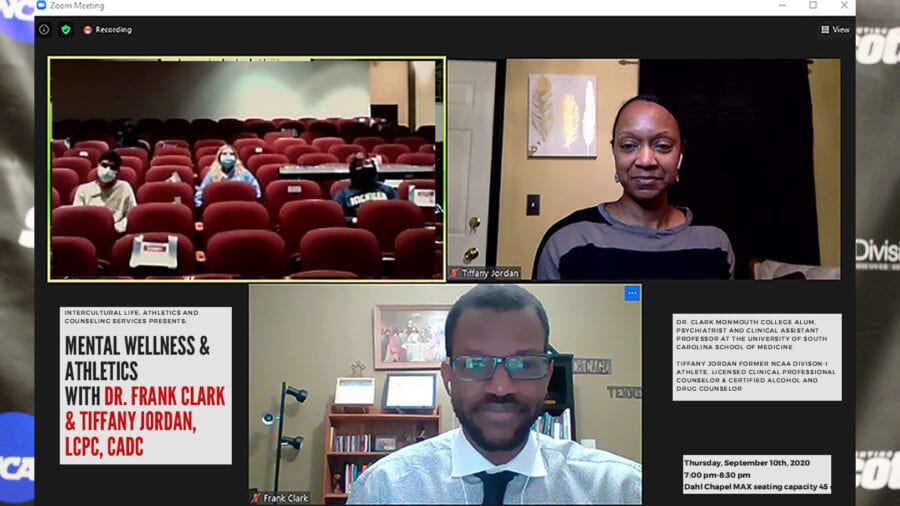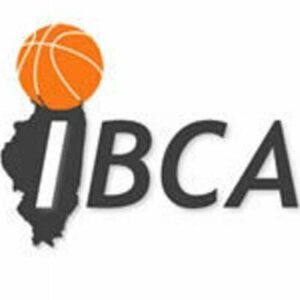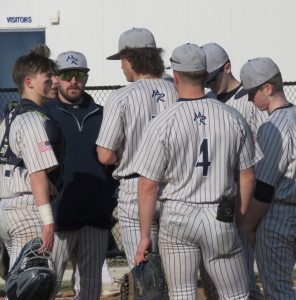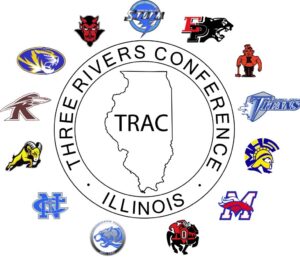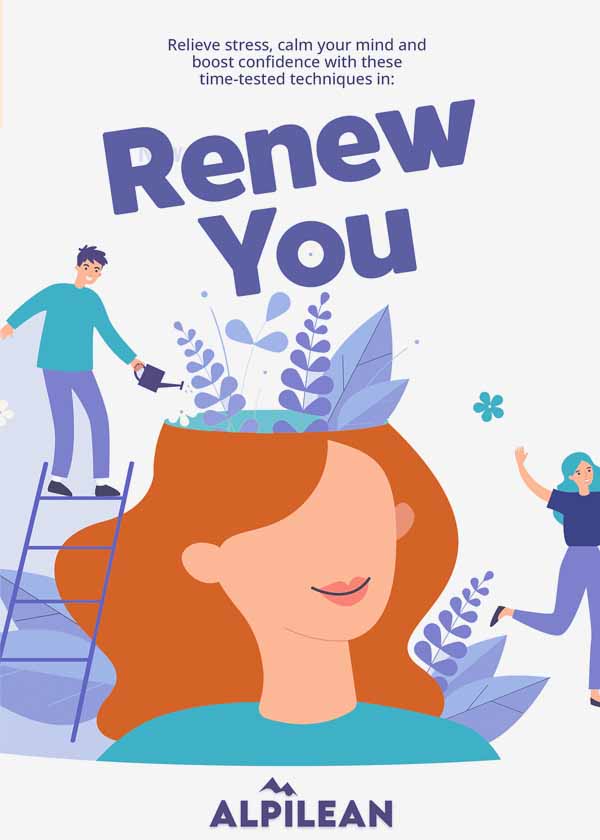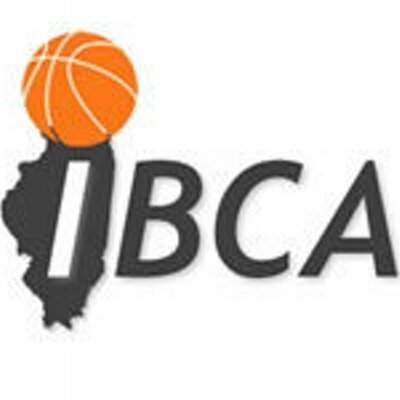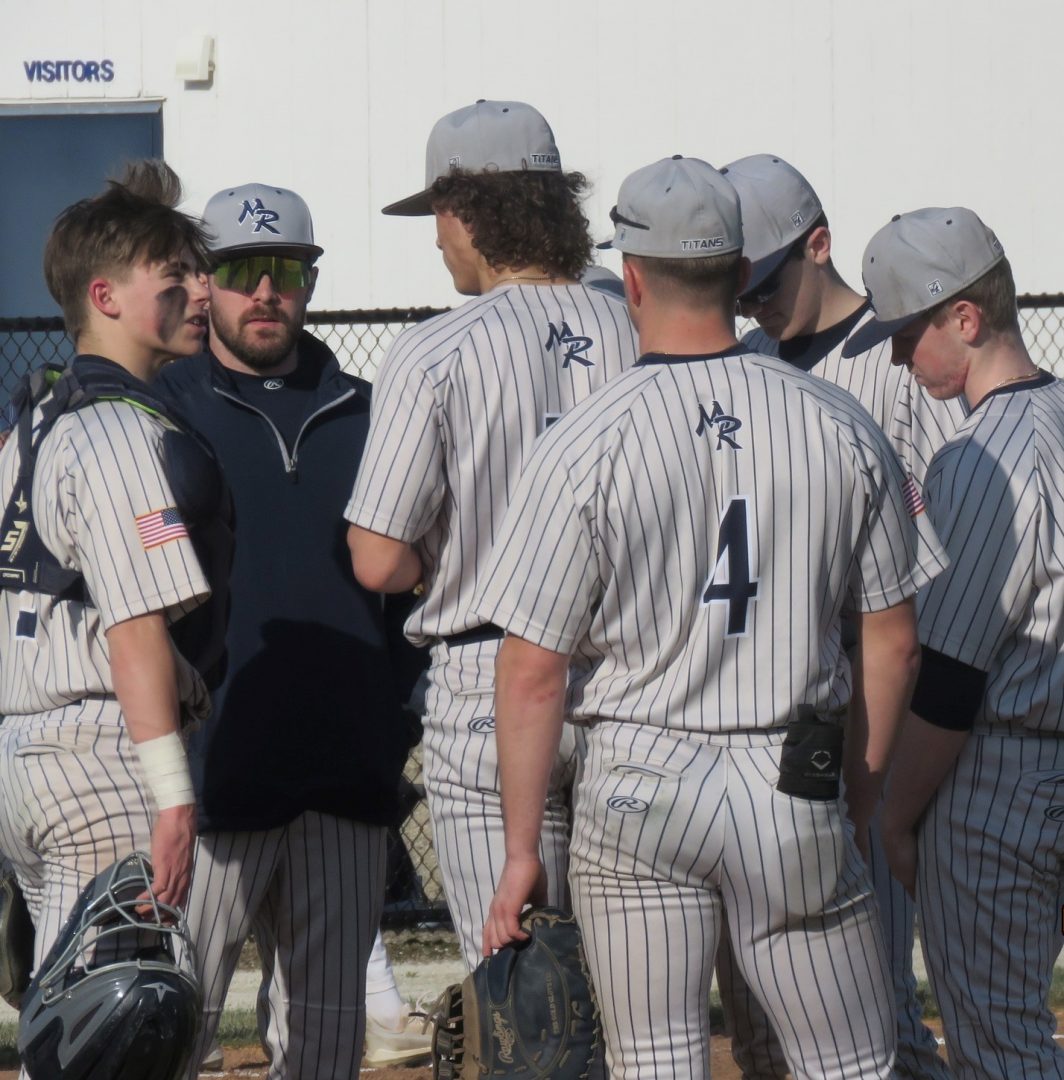MONMOUTH, IL – A year ago, Dr. Frank Clark ’02, spoke to a large gathering of Monmouth College student-athletes, urging them to take as much interest in their mental health as they do in their physical well-being. Fast forward to this September, and his message has even more significance with the impact of COVID-19.
Clark is the medical director and division chief of Adult Inpatient Services at Prisma Health Upstate and a clinical assistant professor at the University of South Carolina School of Medicine-Greenville. A Fighting Scots cross country and track student-athlete some 20 years ago, he was joined in the presentation by licensed clinical professional counselor and certified alcohol and drug counselor Tiffany Jordan, herself a former cross country and track student-athlete at Bradley University.
“Whether or not you have had or know someone who has had COVID, we’ve all been impacted by it in some way,” said Clark. “This won’t be the only time we’ll have significant stress in our lives, so it’s important to understand how to tackle it.”
Jordan went a step further, suggesting a look back.
“How we’ve handled stress in the past is telling,” she said. “Self-care is huge when it comes to mental health. There are times when we need to put as much time and effort into being mentally fit as we do to be physically fit. For me, I’ve found the gym and physical activity to be a great release. Self-care is about creating a life that you don’t feel the need to regularly escape from.”
The pandemic impacted this year’s presentation even before a word was spoken. Due to social distancing guidelines, the event was moved to the college’s Dahl Chapel, where seating was limited to 45 occupants. Although at separate locations hundreds of miles apart for the Zoom meeting, Clark and Jordan were completely in sync, many times echoing the other’s thoughts.
“COVID-19 has impacted every single client I’ve seen,” reported Jordan. “Several of them are athletes, but not all. Some are adults, some are children. It’s impacted so many aspects of our lives, it’s impossible to count all of them. It’s forced us to change, and maybe some of those changes needed to be made anyway. We can reflect on our lives and make changes for the good.”
As former student-athletes, Clark and Jordan have an intimate understanding of the stresses accompanied with balancing academics, athletics and personal time.
“I can’t imagine what life would have been like for me had we experienced a pandemic,” admitted Clark of his time at Monmouth. “For many of us, athletics serves as our sanctuary, an escape of sorts from the stresses of class and everyday life, and now the competition element has been taken away.”
Working with, not against, the situation is key to maintaining a positive outlook, said Jordan.
“At a point of crisis, we’ve got to come to acceptance that this is real,” she said. “There are things we don’t want to do. For example, ‘I don’t want to wear a mask,’ but these are the times we’re in. There’s a real feeling of grief that comes with the losses you’ve experienced socially and athletically. You don’t need to minimize that loss, but I encourage people to face it. Here’s where we are and here’s what we have and here’s what we’re working with. Based on that, what can you do from here, instead of focusing on what we’re missing.”
Clark reports that problems sleeping, a feeling of sadness and a high rate of mental distress among student-athlete were reported by the majority of respondents in an NCAA Student-Athlete COVID-19 Well-Being Study. However, the study did reveal some positives.
“The study found that over 70 percent of student-athletes reported being in a positive state of mind in regards to their ability to pass their courses,” he said.
There were also some key takeaways from the program in order to deal with the stresses of everyday life, which now includes a pandemic.
“It’s imperative that you take care of yourself, self-care,” advised Clark. “You need to find and maintain your sanctuary. Somewhere or something that brings you peace of mind. Next, have a support network and reach out to those who care about you. That could be teammates, coaches, professors, family members or friends. That communication is key, especially with more isolation now. Finally, a time of crisis causes us to reflect on ourselves. It’s a good time to look at ourselves and find that silver lining. That’s not always easy, but the silver lining is there. For me, it’s the ability to spend more time with my family. For you, it might be having more time to explore new interests.”
Jordan agreed, and offered some tips to discovering the sometimes-elusive positive in a trying situation.
“Develop an attitude of gratitude,” she said. “It’s a daily practice of identifying something you’re grateful for. It’s great to have this routine because it’s not going to cost you anything other than your time to actually do it. Talk to people who are encouraging and take nothing for granted. ‘I made it through another day’ and ‘I have coaches who care about me and teammates who are going through this with me’ are all things that can help us get through a trying time. These are all things that COVID didn’t take from us and we’ve got to acknowledge that.”
Clark, who faced his own mental wellness struggles during medical school, offered some words of wisdom for student-athletes, especially those seniors who lost their seasons to COVID.
“Remember, you’re not defined by your athletic ability,” he stressed. “Be mindful of your self-truths, which will help you flourish along the journey of life.”
***Story courtesy of Monmouth College***


